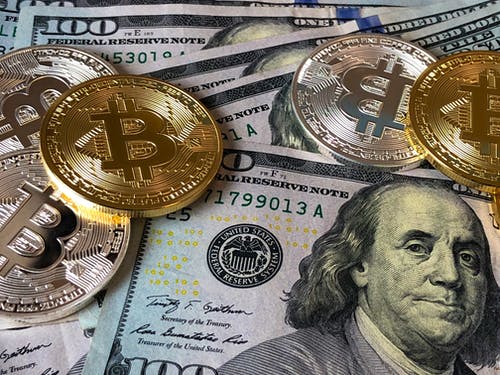The art of keeping cryptocurrency safe may necessitate the acquisition of new abilities, such as learning new procedures or stages. One of the most prevalent concerns concerning digital assets is the possibility of a security breach. Even though the cryptocurrency market is turbulent and lucrative, many people are hesitant to invest in cryptocurrencies because of the ongoing fear of hacking. However, there are steps you can take to safeguard your digital assets. In this blog, you will get to know about 5 essential ways to keep your cryptocurrency safe.
A cryptocurrency wallet is used to store digital assets such as Bitcoin. Keeping your cryptocurrency safe means that, just like your bank account in a traditional system, crypto wallets, also known as digital wallets, exist in digital finance and share similar features.
WHAT IS A CRYPTOCURRENCY WALLET?
It’s a programmed digital medium that can store public and private keys and receive and send digital currency. Crypto wallets make cryptocurrency investing easy. Crypto wallets hold cryptocurrencies, and to own cryptos, you may need to buy USDT or other cryptocurrencies. Paper wallets, cloud wallets, exchanges, hardware wallets, software wallets, and more sorts of crypto wallets exist. In addition to bank accounts, crypto wallets that provide the maximum level of security for digital assets, such as hardware wallets, give the user complete control over the safety of their digital assets. Different types of wallet can be put as:
HOT WALLETS: Hot wallets are wallets that can be accessed via the internet. It’s a digital wallet that you can use on your phone, computer, or any other internet-connected device. The most prevalent sort of crypto wallet is a hot wallet, which is connected to the internet. Mobile and software wallets, cloud wallets, and exchange wallets are all popular.
Advantages😕
- Easy to set up and utilize.
- Hot wallets, such as exchange wallets, are usually free.
Disadvantages😕
- Hot wallets are incredibly vulnerable to cyber-attacks. Private keys for some hot wallets, like cloud wallets, are stored online and can be accessed by third parties. Viruses, ransomware, and other malware can also harm data stored in software wallets on computers and mobile devices.
Cold Wallets: Unlike hot wallets, cold wallets do not have an internet connection. Paper wallets, hardware such as USB devices, and offline wallets are all examples of cold wallets.
Advantages:
- A higher level of security. Large amounts of digital assets or investment earnings should be kept in a cold wallet, whereas hot wallets should be used as a running wallet for immediate transactions.
Disadvantages😕
- It’s still not as convenient as a mobile wallet, which is just an app on your phone that can connect to the internet instantly. Before they can trade, users may need to send their cryptocurrency from their cold wallet to an exchange.
- The cost of purchasing and maintaining a cold wallet might be relatively high.
Let’s take a quick look at some more ways to keep your digital assets safe. At the same time, you try to figure out which wallet to use as a precaution to ensure your digital assets’ safety utilizing the information supplied above.?
- Have a persuasive state of knowledge: Cryptocurrency traders and investors should have a convincing state of knowledge about brokerages, exchanges, and any other cryptocurrency they want to trade. To avoid future threats to money, it’s critical to double-check the security specifications. Reviews, news articles, rankings, and scores by reputable sites are a simple way to learn about exchanges or brokerages. Because it reflects public approval, popularity and online traffic on a given brokerage or exchange may be a solid guess.?
- Maintain a dynamic wallet: Consider your hot wallets to be running wallets; make sure they’re stocked with enough cash to get you through the day, but not so much that they’ll cause trouble if they’re stolen through hacking or other ways. Long-term investments can be housed in cold wallets, which are safer.
- Improve the security of your wallet: Use google authorization that offers an additional layer of protection just in case of a breach – also backup your data.
- Keep difficult-to-forget username and password or passcodes: Passwords or passcodes that are both difficult-to-forget and hard-to-guess should be used. Seed phrases should be written down somewhere safe because most of them are 24-word recovery phrases that are easy to forget. To keep your seed phrases safe, you might also use crypto tags.
